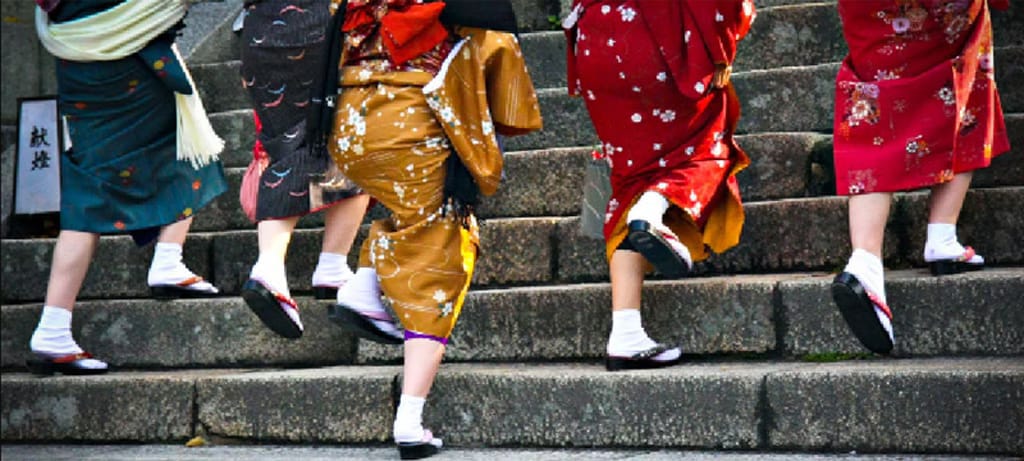We’re Turning Japanese, I Really Think So
Demography derailed the Japanese juggernaut. Turns out "being fruitful and multiplying" matters.
by Patrick Cox
September 28, 2016
In the late 80s, Japan’s economy seemed unstoppable. Japanese investors acquired some of the world’s most famous masterpieces and a string of landmark US properties, including Rockefeller Center and Radio City Music Hall. Many science-fiction novels and music videos predicted permanent Japanese economic dominance.
Didn’t happen.
Japan is still one of the most technologically advanced nations in the world. The business practices that started the boom are also the same. But the Japanese economic juggernaut is a fading memory.
So what changed?
The demographic pyramid turned upside down
Japan’s National Institute of Population and Social Security Research states that two population groups had peaked in size and were shrinking in the 1980s: workers and children. At the same time, the aged population was growing rapidly. The demographic pyramid was flipping.
One result of this change was a reduced ratio of younger workers to aged recipients of government services. …





